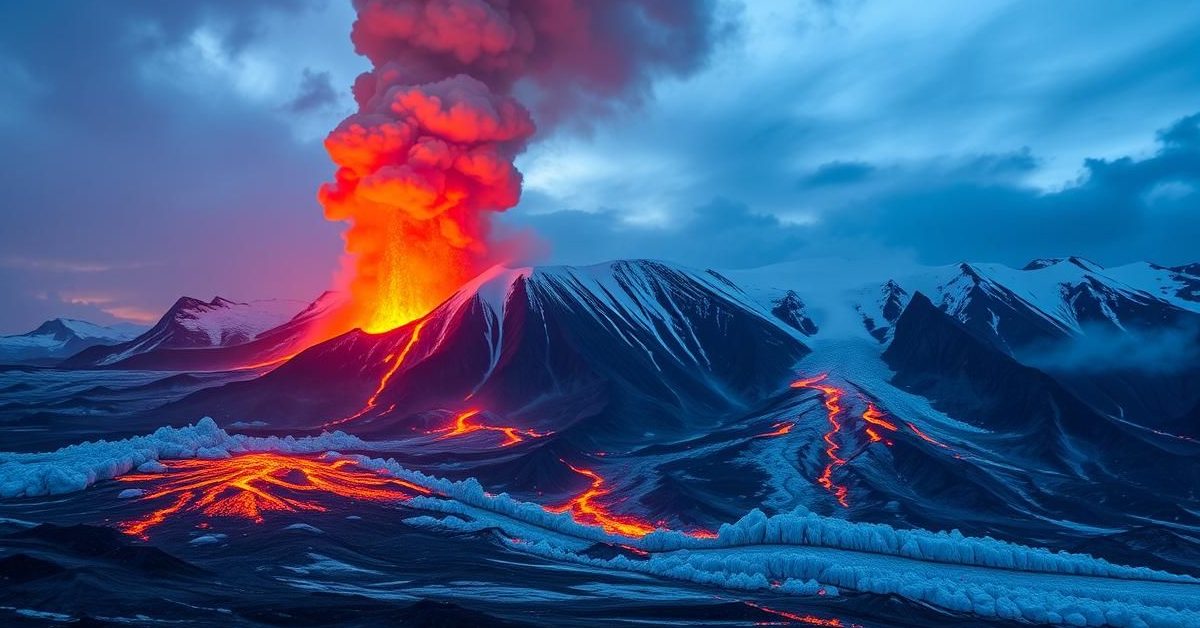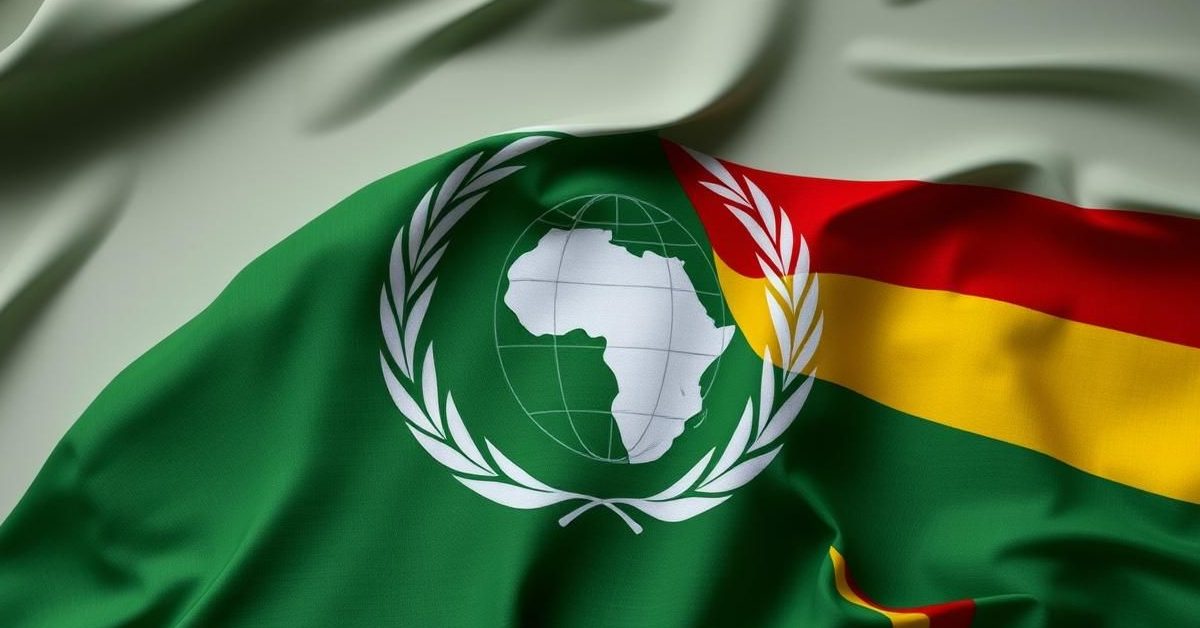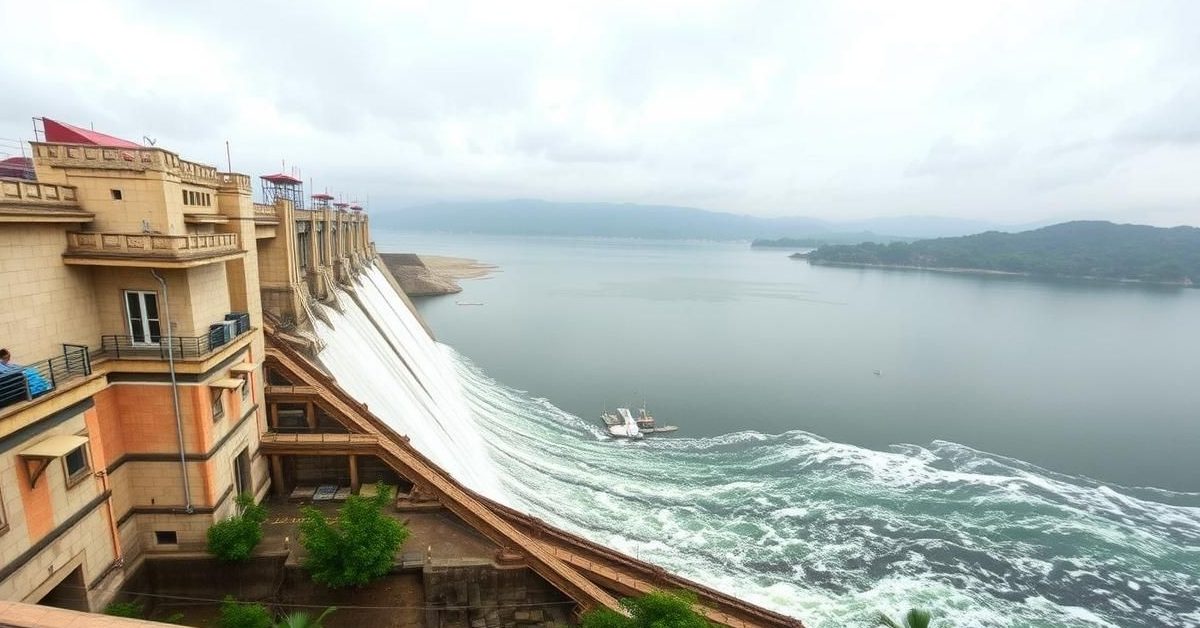New research suggests a concerning link between melting glaciers and increased volcanic activity, while global climate efforts through the UNFCCC face growing questions about their effectiveness.
Melting Glaciers and Volcanic Activity: A Surprising Link
Climate change is often linked to rising sea levels and extreme weather, but a new study points to an unexpected consequence: more frequent and powerful volcanic eruptions. Scientists have explored this connection since the 1970s, realizing that the immense weight of glaciers and ice caps normally exerts pressure on underlying magma chambers.
As these vast ice sheets melt, that pressure decreases. This reduction allows subterranean gases and magma to expand, increasing the likelihood of explosive volcanic eruptions. It also means that rocks, no longer under intense pressure, tend to melt at lower temperatures, further contributing to magma production.
Precipitation changes due to climate shifts can also play a role. Modified rainfall patterns can lead to water seeping deep underground, reacting with the magma system and potentially triggering an eruption.
Evidence from Chile’s Mocho Choshuenco Volcano
Recent research focused on Chile’s Mocho Choshuenco volcano provides compelling evidence. The study examined volcanic rocks formed before, during, and after the last ice age. It found that the pressure from a thick ice sheet significantly reduced eruptions between 26,000 and 18,000 years ago, leading to a massive magma reservoir forming below the surface.
However, as this ice sheet thawed around 13,000 years ago, a surge of explosive eruptions occurred. This directly supports the theory that ice loss can indeed trigger increased volcanic activity.
Volcanoes: Friend or Foe in Climate Change?
Volcanic eruptions have a complex relationship with climate. They can temporarily cool the planet by releasing ash and sulfur dioxide into the atmosphere, which block sunlight. Sulfur dioxide forms sulfuric acid aerosols that reflect solar radiation, causing short-term cooling.
Yet, in the long run, volcanic eruptions also release large amounts of greenhouse gases like carbon dioxide and methane. This can contribute to global warming, potentially creating a vicious cycle where rising temperatures lead to more ice melt, more eruptions, and further warming. Scientists warn that West Antarctica, with its numerous volcanoes buried under thick ice, faces a significant risk of increased activity as the ice melts over the coming decades.
UNFCCC’s Credibility Crisis: A Call for Reform
Beyond the Earth’s natural processes, human efforts to combat global warming are also facing challenges. The international climate negotiations under the UN Framework Convention on Climate Change (UNFCCC) have been accused of reaching a “credibility crisis.” Critics argue that the process has largely failed to deliver the urgent action needed against climate change.
Developed countries often fall short of their climate commitments, with little accountability. Meanwhile, developing nations, especially the most vulnerable, feel their concerns are overlooked, leading to a sense that climate justice is not being served.
Seeking Solutions for a Stalled Process
Efforts are underway to restore trust in the UNFCCC system, particularly as Brazil prepares to host the COP30 summit in November. Brazil has been actively engaging with other countries to explore potential reforms.
A mid-year climate summit in Bonn, Germany, acknowledged the “growing scale and complexity” of negotiations as a major obstacle. While suggestions included simplifying agenda items and limiting speech lengths, more radical reforms are unlikely due to the UNFCCC’s consensus-based decision-making. Every country essentially holds a veto, making it incredibly difficult to achieve ambitious agreements among over 190 parties.
- Melting glaciers reduce pressure on magma chambers, increasing volcanic eruption risk.
- Past studies and recent research in Chile support the link between ice loss and increased volcanic activity.
- Volcanic eruptions can cause short-term cooling but contribute long-term warming through greenhouse gas emissions.
- The UNFCCC faces a credibility crisis due to slow progress and a challenging consensus-based negotiation process.
- Reforms are being discussed to enhance the UNFCCC’s efficiency and address climate justice concerns.
As the planet continues to warm, understanding both the Earth’s complex responses and the effectiveness of international climate policy becomes increasingly crucial for a sustainable future.
New research suggests a concerning link between melting glaciers and increased volcanic activity, while global climate efforts through the UNFCCC face growing questions about their effectiveness.
Melting Glaciers and Volcanic Activity: A Surprising Link
Climate change is often linked to rising sea levels and extreme weather, but a new study points to an unexpected consequence: more frequent and powerful volcanic eruptions. Scientists have explored this connection since the 1970s, realizing that the immense weight of glaciers and ice caps normally exerts pressure on underlying magma chambers.
As these vast ice sheets melt, that pressure decreases. This reduction allows subterranean gases and magma to expand, increasing the likelihood of explosive volcanic eruptions. It also means that rocks, no longer under intense pressure, tend to melt at lower temperatures, further contributing to magma production.
Precipitation changes due to climate shifts can also play a role. Modified rainfall patterns can lead to water seeping deep underground, reacting with the magma system and potentially triggering an eruption.
Evidence from Chile’s Mocho Choshuenco Volcano
Recent research focused on Chile’s Mocho Choshuenco volcano provides compelling evidence. The study examined volcanic rocks formed before, during, and after the last ice age. It found that the pressure from a thick ice sheet significantly reduced eruptions between 26,000 and 18,000 years ago, leading to a massive magma reservoir forming below the surface.
However, as this ice sheet thawed around 13,000 years ago, a surge of explosive eruptions occurred. This directly supports the theory that ice loss can indeed trigger increased volcanic activity.
Volcanoes: Friend or Foe in Climate Change?
Volcanic eruptions have a complex relationship with climate. They can temporarily cool the planet by releasing ash and sulfur dioxide into the atmosphere, which block sunlight. Sulfur dioxide forms sulfuric acid aerosols that reflect solar radiation, causing short-term cooling.
Yet, in the long run, volcanic eruptions also release large amounts of greenhouse gases like carbon dioxide and methane. This can contribute to global warming, potentially creating a vicious cycle where rising temperatures lead to more ice melt, more eruptions, and further warming. Scientists warn that West Antarctica, with its numerous volcanoes buried under thick ice, faces a significant risk of increased activity as the ice melts over the coming decades.
UNFCCC’s Credibility Crisis: A Call for Reform
Beyond the Earth’s natural processes, human efforts to combat global warming are also facing challenges. The international climate negotiations under the UN Framework Convention on Climate Change (UNFCCC) have been accused of reaching a “credibility crisis.” Critics argue that the process has largely failed to deliver the urgent action needed against climate change.
Developed countries often fall short of their climate commitments, with little accountability. Meanwhile, developing nations, especially the most vulnerable, feel their concerns are overlooked, leading to a sense that climate justice is not being served.
Seeking Solutions for a Stalled Process
Efforts are underway to restore trust in the UNFCCC system, particularly as Brazil prepares to host the COP30 summit in November. Brazil has been actively engaging with other countries to explore potential reforms.
A mid-year climate summit in Bonn, Germany, acknowledged the “growing scale and complexity” of negotiations as a major obstacle. While suggestions included simplifying agenda items and limiting speech lengths, more radical reforms are unlikely due to the UNFCCC’s consensus-based decision-making. Every country essentially holds a veto, making it incredibly difficult to achieve ambitious agreements among over 190 parties.
- Melting glaciers reduce pressure on magma chambers, increasing volcanic eruption risk.
- Past studies and recent research in Chile support the link between ice loss and increased volcanic activity.
- Volcanic eruptions can cause short-term cooling but contribute long-term warming through greenhouse gas emissions.
- The UNFCCC faces a credibility crisis due to slow progress and a challenging consensus-based negotiation process.
- Reforms are being discussed to enhance the UNFCCC’s efficiency and address climate justice concerns.
As the planet continues to warm, understanding both the Earth’s complex responses and the effectiveness of international climate policy becomes increasingly crucial for a sustainable future.















